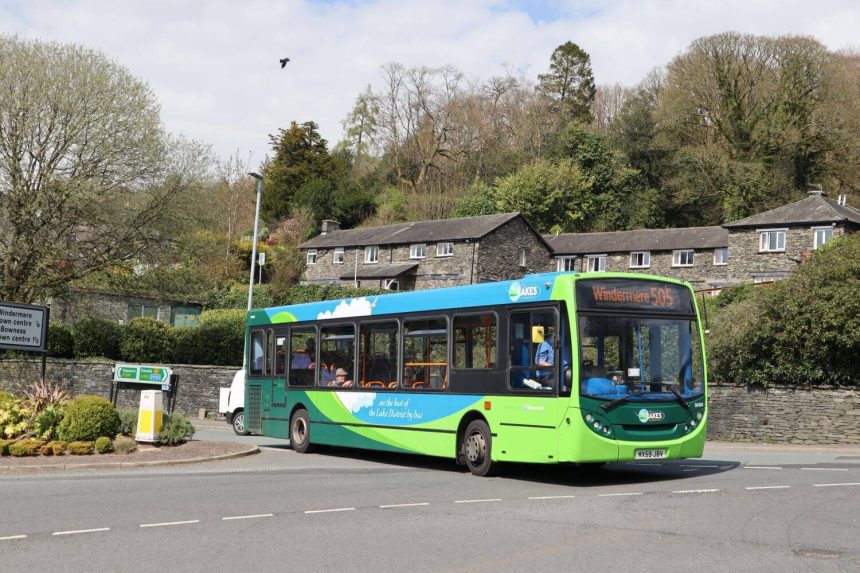When new Chancellor Rachel Reeves delivered her financial statement on 29 July, she painted a grim picture of the country’s public finances, announcing a £22 billion ‘black hole’ and accusing the previous Conservative government of deliberately concealing the true state of its bank account – an accusation that the former Chancellor, Jeremy Hunt, is surely not going to let go unanswered.
Indeed, Mr Hunt has already written to the Cabinet Secretary demanding to know why, two weeks before Ms Reeves’ financial statement, formal estimates were laid before Parliament on the spending plans for the year that gave no indication that this ‘black hole’ existed.
More to the point, the Chancellor is effectively accusing her senior Treasury civil servants, including the Permanent Secretary – who also holds the important role of Accounting Officer – of going along with this alleged Conservative cover-up.
I find this quite hard to accept, but if those civil servants did do so, why is the Permanent Secretary still in post? Something does not feel quite right here.
What of the bus fare cap?
Anyway, the Chancellor also told us in her financial statement: “If we cannot afford it, we cannot do it.” That immediately suggests the current £2 bus fare cap in England will not be extended beyond its scheduled end in December.
I find it quite hard to believe that the government will scrap the cap. That would be a risky decision, politically speaking. It may well be that the scheme is reconfigured so that is it targeted – for example, towards young people. But it also raises a key issue about what the purpose of the cap really is.
That immediately suggests the £2 bus fare cap in England will not be extended beyond its scheduled end
I seem to recall that, when it was introduced by the last government, it was to help people with the cost-of-living crisis. But with inflation now at the 2% target, that purpose is arguably no longer valid. Might the fare cap be used to encourage modal shift? If that is the case, why target it only at the young?
I will be interested to see how the government, and transport ministers in particular, handle this dilemma. Buses Minister Simon Lightwood has gone on record to say that there will not be a “cliff edge” at the end of December.
That suggests some form of continuing support will be forthcoming, but how that can be reconciled with the mantra of “if we cannot afford it, we cannot do it” is somewhat lost on me.
Mind you, although I don’t know how much the £2 bus fare cap costs the Exchequer, I imagine that, in the overall scheme of things, it is – relatively speaking – a pretty small sum.
CSR worries ahead
Meanwhile, the Chancellor has announced the next three-year Comprehensive Spending Review. This will be challenging, and budgets for at least the “unprotected” departments, which include the Department for Transport (DfT), will surely be under real pressure. I await the outcome of the Review with some interest, and not a little trepidation.
Many in the bus industry in England will have been pleased that the King’s Speech included a Better Buses Bill.
Given that Transport Secretary Louise Haigh previously only committed to a Buses Bill in the first term of a Labour government, rather than the first parliamentary session in power, I was not sure whether such a Bill would be forthcoming so early.

But if you support the government’s plans for buses, you will have been relieved that early legislation is now planned.
I suspect the Bill won’t be introduced to Parliament for a few months yet, but we should see progress with the government’s bus reforms before too long.
Although most of the combined authorities seem to be gearing up to introduce franchising, I remain doubtful how many local transport authorities outside the main conurbations and cities will go down that route.
It is not a ‘one size fits all’ solution, and new Minister of State Lord Hendy previously said that it was not the right approach for every authority – a view that sits at odds with his Secretary of State’s desire to see franchising in every community.
Ministerial strength
The appointment of Lord Hendy as Minister of State for Rail came as a surprise to almost everybody – and almost certainly to Lord Hendy!
There are very few people who understand rail and bus as intimately as him, and I have little doubt that Ms Haigh – indeed, the entire ministerial team – will rely on his deep knowledge and expertise very heavily.
How he feels about moving from being the man in charge at Network Rail to being second in command at DfT is a slight curiosity, but Lord Hendy is a consummate professional and he will doubtless make the transition pretty much effortlessly.
I was pleased to see Lilian Greenwood join the transport ministerial team. As a former Shadow Transport Secretary and a former Chair of the Transport Select Committee, she has a strong understanding of the transport sector and is eminently sensible – although I have a hunch that she may have preferred to take the buses brief rather than roads.
Either way, her appointment adds to the considerable knowledge of transport enjoyed by Lord Hendy.
Low-key shadows
Meanwhile, Rishi Sunak has made his shadow ministerial appointments. Helen Whately is shadow Secretary of State, and the three junior shadow ministers are Sir Alec Shelbrooke, Greg Smith, and Kieran Mullan.
Aside from Greg Smith, who was, of course, a member of the Transport Select Committee, I am not aware that this team has much knowledge of, or interest in, transport. Whether the new Conservative leader keeps any or all of them in place once he or she has been elected remains to be seen.
Not that it matters too much, anyway; the Labour government can do whatever it pleases in policy terms, and I cannot see these shadow transport ministers having much of an impact – although that is probably true of most shadow teams given the state of the Conservative party right now.



























